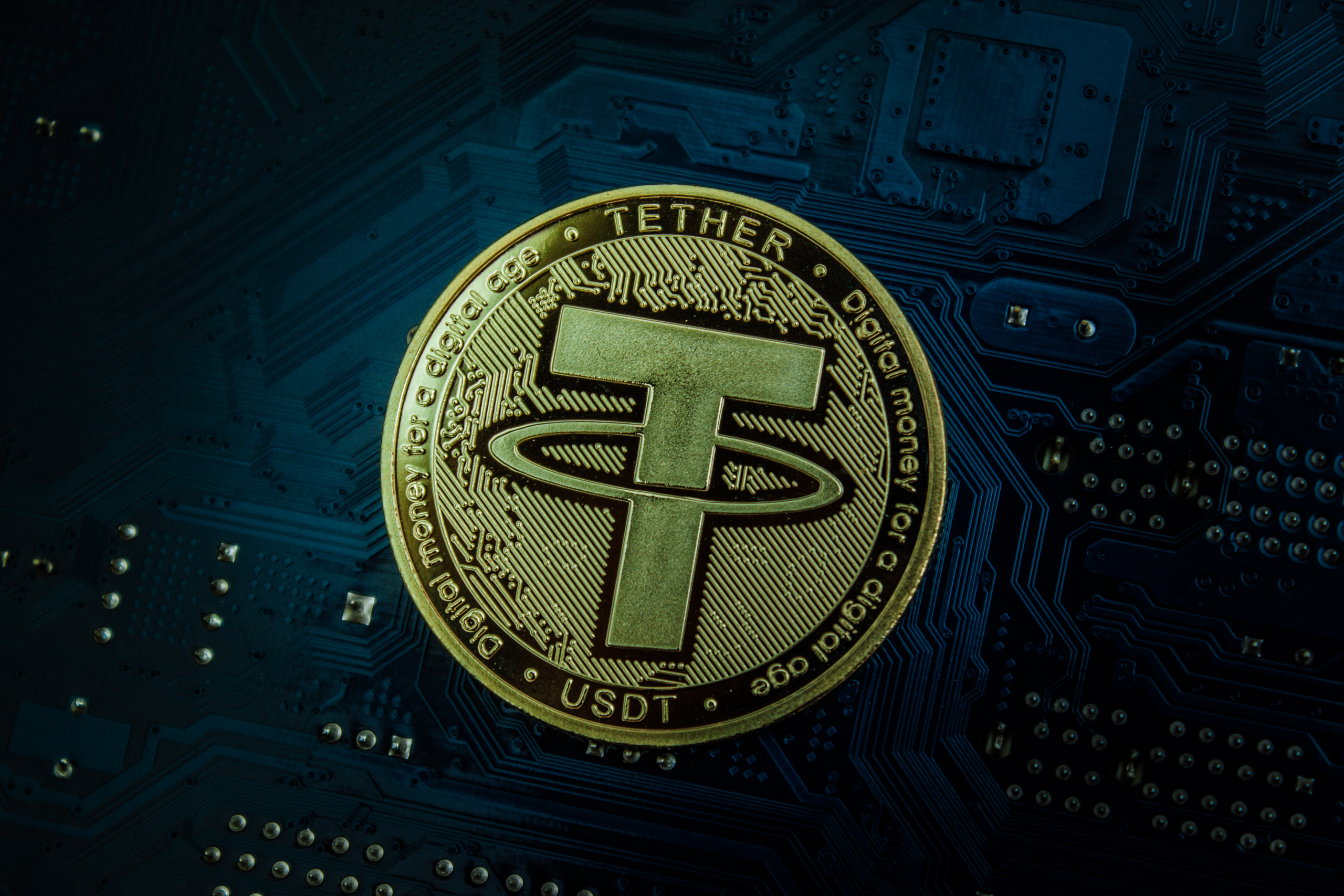Tether Freezes Almost 30 Million USDT Linked to Criminal Activities
15.07.2024 9:00 2 min. read Alexander Stefanov
Tether took froze 29.62 million USDT tokens associated with criminal activities involving Cambodia's Huione Group.
This move underscores Tether’s commitment to upholding the integrity of its stablecoin amidst heightened regulatory scrutiny.
The frozen tokens were held in a wallet identified as “TNVaKW,” which Bitrace, a blockchain security firm, linked to Huione Group’s guarantee business involved in potential fund laundering for fraud and crypto theft. The wallet was frozen shortly after becoming active on July 9, 2024.
📢The 29.62 million USDT addresses frozen are addresses related to the guarantee business of the Cambodian Huione Group that month.(1/n)
more details👇 https://t.co/s5AVUZD6sC pic.twitter.com/tzLyZa04m7
— Bitrace (@Bitrace_team) July 14, 2024
Despite the freeze on the TNVaKW address, Huione Group continues to transact with USDC stablecoins. Bitrace disclosed that Huione transferred 114,800 USDC to a newly activated TQuFSv address following the freeze.
Bitrace clarified that while TNVaKW remains frozen, Huione’s other business addresses, such as TL8TBp, are operational and have not been affected. These addresses have been involved in guarantee and payment services over the past six months.
Huione Group, a part of the Cambodian conglomerate linked to the ruling Hun family, has drawn attention for its Huione Guarantee platform, described as a popular marketplace for scam operators. According to BeInCrypto, transactions involving Tether’s USDT on this platform have totaled over $11 billion since 2021, with many suspected to be linked to fraudulent activities.
Tether’s decision to freeze these tokens aligns with its proactive stance against misuse of its assets. In recent months, Tether has frozen substantial amounts of USDT associated with various illicit activities, including phishing scams and human trafficking syndicates. Despite these efforts, Tether continues to face scrutiny and accusations regarding the misuse of its stablecoin tokens, with ongoing debates in the crypto community and allegations of regulatory investigations.
-
1
U.S. Court Cracks Down on Early Crypto Fraud With Massive Fine
14.06.2025 10:00 1 min. read -
2
Shaquille O’Neal Agrees to $1.8M Settlement Over FTX Endorsement Lawsuit
15.06.2025 21:00 1 min. read -
3
Whale Accumulates Curve Tokens Amid Market Lull
16.06.2025 11:00 1 min. read -
4
Crypto Investigator Links New Altcoin Project to $30M Scam
17.06.2025 18:00 1 min. read -
5
Iran Limits Crypto Trading Hours After Politically Charged Hack on Nobitex
20.06.2025 11:00 1 min. read
What Brian Armstrong’s New Stats Reveal About Institutional Crypto Growth
Coinbase CEO Brian Armstrong has spotlighted a significant acceleration in institutional crypto adoption, driven largely by the surging popularity of exchange-traded funds and increased use of Coinbase Prime among major corporations.
What Will Happen With the Stock Market if Trump Reshapes the Fed?
Jefferies chief market strategist David Zervos believes an upcoming power shift at the Federal Reserve could benefit U.S. equity markets.
U.S. Bank Advises Clients to Drop These Cryptocurrencies
Anchorage Digital, a federally chartered crypto custody bank, is urging its institutional clients to move away from major stablecoins like USDC, Agora USD (AUSD), and Usual USD (USD0), recommending instead a shift to the Global Dollar (USDG) — a stablecoin issued by Paxos and backed by a consortium that includes Anchorage itself.
Vitalik Buterin Warns Digital ID Projects Could End Pseudonymity
Ethereum co-founder Vitalik Buterin has voiced concerns over the rise of zero-knowledge (ZK) digital identity projects, specifically warning that systems like World — formerly Worldcoin and backed by OpenAI’s Sam Altman — could undermine pseudonymity in the digital world.
-
1
U.S. Court Cracks Down on Early Crypto Fraud With Massive Fine
14.06.2025 10:00 1 min. read -
2
Shaquille O’Neal Agrees to $1.8M Settlement Over FTX Endorsement Lawsuit
15.06.2025 21:00 1 min. read -
3
Whale Accumulates Curve Tokens Amid Market Lull
16.06.2025 11:00 1 min. read -
4
Crypto Investigator Links New Altcoin Project to $30M Scam
17.06.2025 18:00 1 min. read -
5
Iran Limits Crypto Trading Hours After Politically Charged Hack on Nobitex
20.06.2025 11:00 1 min. read


